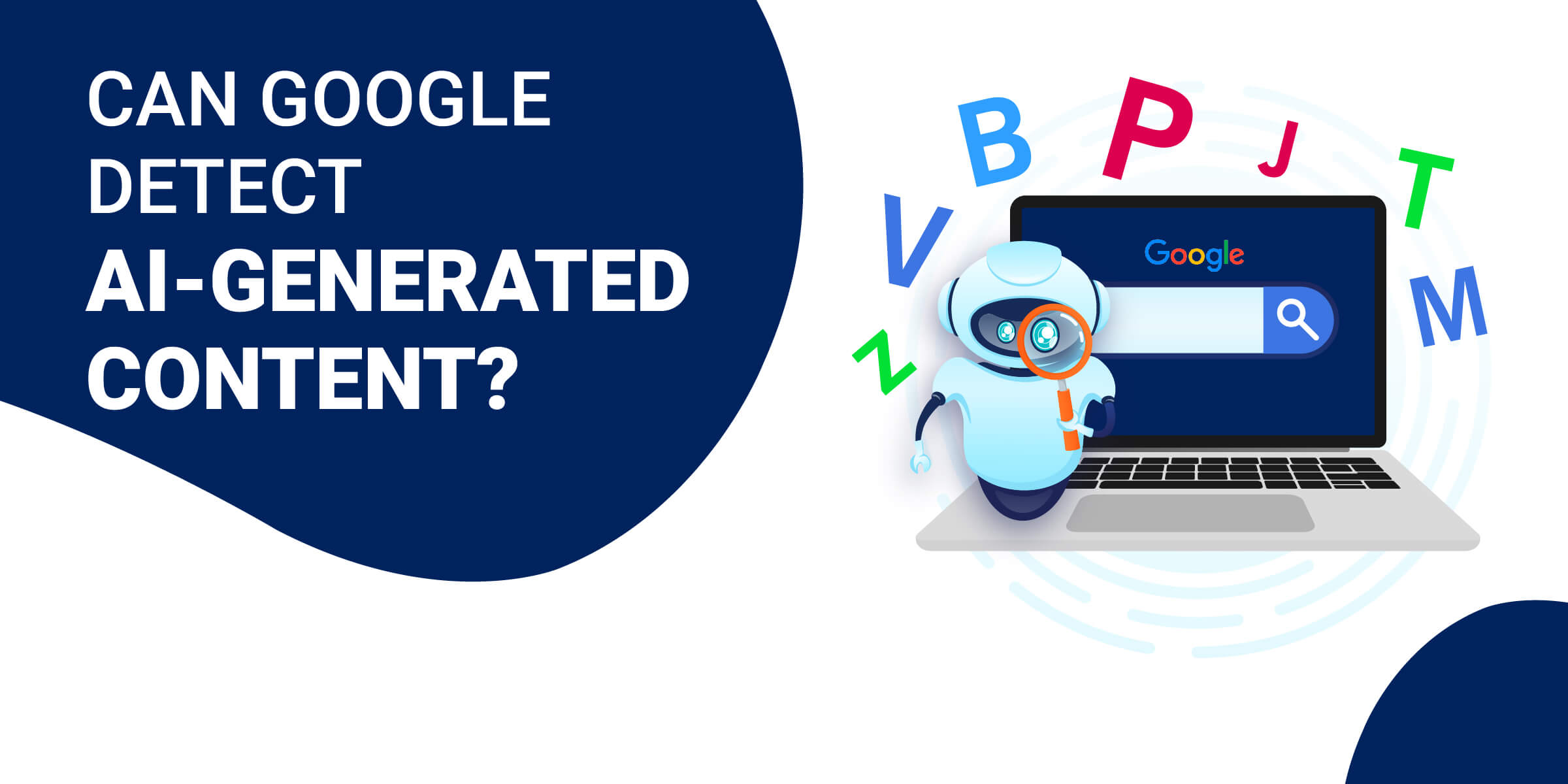Artificial intelligence has changed the way we live, work, and interact online. From creating personalized advertisements to automating customer service, AI has revolutionized the internet. But one area where AI is making waves is in content creation. With AI’s ability to mimic human writing styles, businesses are using it to produce high-quality and engaging articles, product descriptions, and blog posts at scale.
But while this may sound like a game-changer for businesses, there’s a catch: Google’s algorithm is designed to detect AI-generated content and penalize websites that use it. In this blog post, we’ll explain why Google is cracking down on AI-written content and how you can avoid being penalized by the search engine giant.
Why Google is against AI-Written Content
The reason Google is against AI-written content is simple: it’s not human-made. Google’s mission is to provide its users with the most relevant and trustworthy information possible.
AI-generated content, by definition, lacks the human touch and creativity that sets it apart from the machine-generated text. This can lead to a lower-quality user experience, as well as potential issues with copyright and plagiarism.
Additionally, Google’s algorithm is designed to detect machine-generated content and penalize websites that use it. This is because Google wants to prevent websites from gaming the system by using AI to produce low-quality or spammy content that is designed to rank well in the search engine results pages (SERPs).
How Google Detects AI-Written Content
Google’s algorithm uses several factors to determine whether a piece of content is machine-generated or written by a human. Some of the most important factors include:
Writing Style: Google’s algorithm can detect if the writing style of a piece of content is similar to that of a machine. For example, it can determine if the content is written in a robotic or formulaic way, or if it lacks the creativity and nuance that are hallmarks of human-generated content.
Word Choice: Google can also detect if the words used in a piece of content are too repetitive, or if they are typically associated with machine-generated text.
Content Formatting: Google can also determine if the formatting of a piece of content is similar to that of machine-generated text, such as using a lot of bullet points or subheadings.
Spelling and Grammar: Google’s algorithm is also designed to detect if the spelling and grammar of a piece of content are typical of machine-generated text.
How to Avoid Being Penalized by Google
To avoid being penalized by Google, it’s important to ensure that all the content on your website is human-generated and high-quality. Here are some tips to help you achieve this:
Hire a Professional Writer: If you’re looking to produce high-quality content for your website, consider hiring a professional writer. They will be able to create content that is both engaging and optimized for the search engines.
Use AI Tools Sparingly: While AI tools can be a great way to streamline your content creation process, it’s important to use them sparingly. This will help to ensure that your content is unique and not penalized by Google.
Avoid Duplicate Content: Google penalizes websites that use duplicate content, so it’s important to ensure that all the content on your website is unique.
Optimize for the User: Finally, it’s important to remember that Google’s algorithm is designed to provide the best user experience possible. To avoid being penalized, focus on creating high-quality, user-focused content that provides value to your audience.
Conclusion
In conclusion, AI-written content can be a valuable tool for businesses, but it’s important to be aware of the risks associated with it. Google’s algorithm is designed to detect and penalize websites that use machine-generated content, so it’s essential to ensure that all the content on your website is human-generated and high-quality.
By following the tips outlined in this blog post, you can avoid being penalized by Google and create a website that provides a great user experience for your audience.
Reference:
- “Google’s Quality Guidelines” (Google Webmaster Central Blog, 2021) – https://webmasters.googleblog.com/2021/01/googles-quality-guidelines.html
- “Why Google Hates AI-Generated Content” (Search Engine Journal, 2020) – https://www.searchenginejournal.com/google-hates-ai-generated-content/390438/
- “The Negative Impacts of AI-Generated Content on SEO” (Search Engine Watch, 2019) – https://searchenginewatch.com/2019/09/06/the-negative-impacts-of-ai-generated-content-on-seo/
